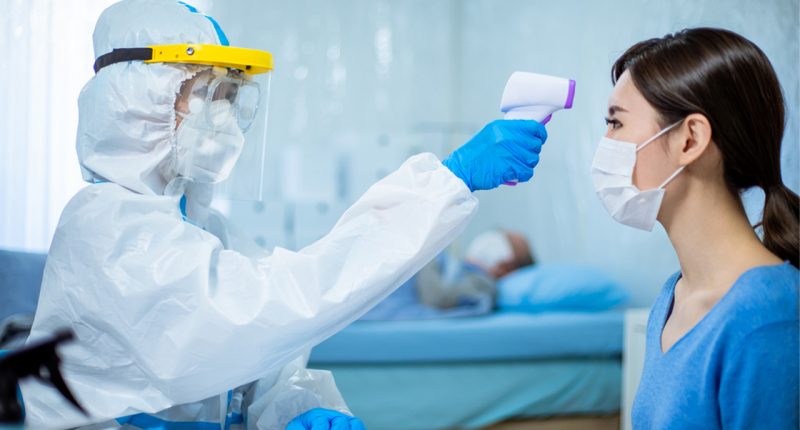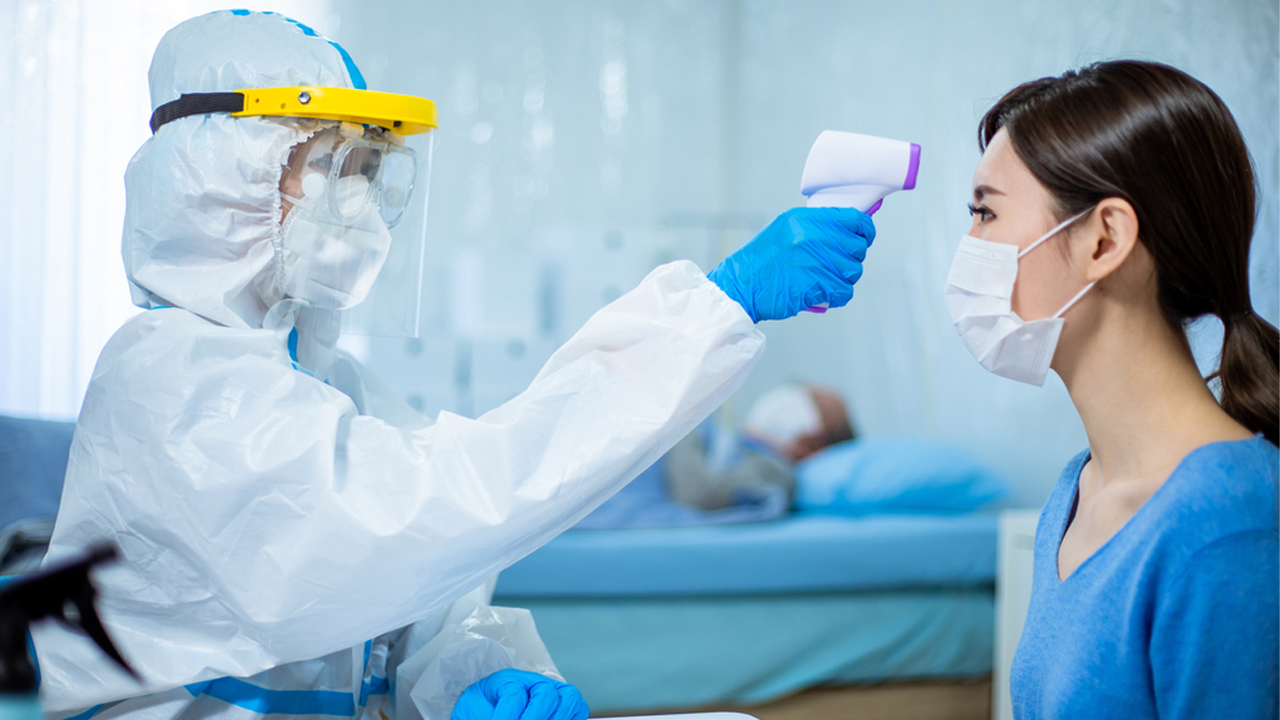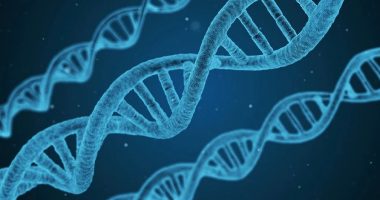- LexaGene Holdings Inc. (LXG) has successfully configured a MiQLab™ system to detect mutant sequences unique to the United Kingdom and South African variants that cause COVID-19
- The UK variant was first detected in the United States at the end of December and has now been identified in 33 states
- LexaGene’s MiQLab is designed for point-of-care use and for simultaneous screening of numerous respiratory pathogens
- LexaGene is pursuing FDA EUA for COVID-19 testing using assays that are predicted to detect more than 99.9 per cent of the strains circulating today
- LexaGene Holdings Inc. is up 8.87 per cent to C$1.35 per share
LexaGene’s (TSXV:LXG) MiQLab detects mutant sequences unique to the United Kingdom and South African variants of SARS-CoV-2.
LexaGene Holdings (LXG) has successfully configured a MiQLab™ system to detect mutant sequences unique to the United Kingdom and South African variants of SARS-CoV-2, the pathogen that causes COVID-19.
The UK variant, known to be more contagious and possibly deadlier, was first detected in the United States at the end of December and has now been identified in 33 states.
Likewise, both the South African and Brazilian variants were first detected in the United States at the end of January, and several cases have now been reported in the United States – suggesting more widespread infections.
The UK, South African and Brazilian variants have now acquired mutations that may likely reduce the efficacy of approved vaccines and therapeutics.
LexaGene’s MiQLab is designed for point-of-care use and for simultaneous screening of numerous respiratory pathogens, including COVID-19 strain identification. The system is open-access, which allows for new tests to be easily loaded onto the system. This is a unique feature that is not found in any other system designed for point-of-care use.
Dr. Jack Regan, LexaGene’s CEO and Founder said only three weeks ago, the company designed assays to detect the UK and South African variants to demonstrate proof-of-principle that these assays could be quickly ported onto the MiQLab.
“After just two full work days of having these reagents in-house, we verified our MiQLab could detect mutations associated with these variants. With proper FDA approvals, these tests could quickly be sent to MiQLabs operating at the point-of-care for faster detection, which would likely improve containment efforts for the spread of these new variants.”
LexaGene is pursuing FDA EUA for COVID-19 testing using assays that are predicted to detect more than 99.9 per cent of the strains circulating today based on published sequences, including the UK, South African and Brazilian variants.
At this time, LexaGene has no plans to incorporate the variant specific tests into the initial FDA studies for Emergency Use Authorization (EUA) for COVID-19 testing.
As is standard practice, until the FDA grants LexaGene’s instrument EUA for COVID-19 testing, all work using LexaGene instruments is classified as Research Use Only and cannot be used for human clinical diagnostics. To date, there is no FDA approved device that is designed for point-of-care usage and is open-access.
The company is not making any express or implied claims that its product has the ability to eliminate, cure or contain the COVID-19 (or SARS-2 Coronavirus) at this time.
LexaGene Holdings Inc. is up 8.87 per cent to C$1.35 per share.





